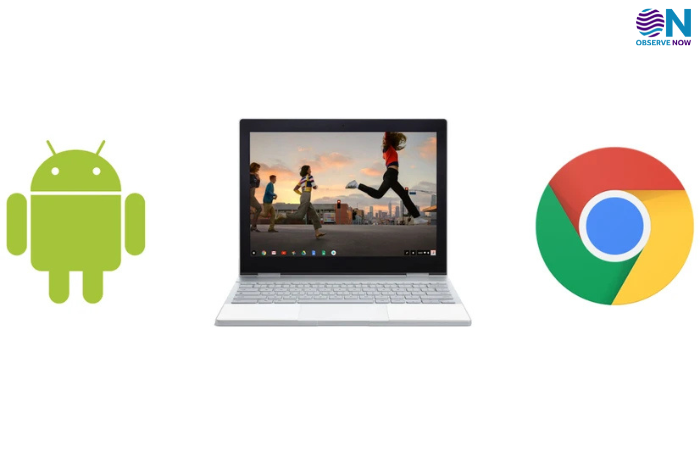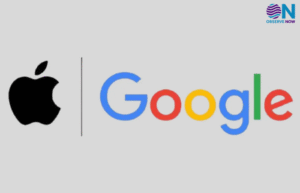Google to Combine ChromeOS and Android into a Unified Platform

Google has officially confirmed it is merging ChromeOS and Android into a single operating system, marking a significant shift in its device strategy. The move was revealed by Sameer Samat, President of Google’s Android ecosystem, during a recent interview, where he stated that ChromeOS features and workflows will be incorporated directly into Android.
This transition builds on earlier integrations—ChromeOS has already begun using large parts of Android’s Linux kernel and frameworks, and Android has adopted desktop-like capabilities through Android 16’s desktop mode. The unified OS is expected to power future Chromebooks and tablets, offering native support for Android apps, browser extensions, Linux applications, multi-window management, and better external display functionality.
The rationale behind the consolidation is to create a more cohesive and streamlined user experience across devices—phones, tablets, laptops, and potentially foldables or XR devices that already rely on a common Android base. Potential benefits include easier cross-device continuity, centralized updates, simplified development for app creators, and faster rollout of new features such as AI integration and desktop enhancements .
However, this bold initiative also raises concerns. Industry watchers highlight the risk of increased OS fragmentation if Android’s historically varied update cycles and customization by OEMs are applied to laptops. There’s also uncertainty around how current Chromebooks will fare regarding system updates, hardware compatibility, and brand identity .
While Google has not yet shared a specific timeline, speculation suggests early developer builds may emerge in late 2025, with commercial devices—possibly under the Pixel brand—launching in 2026.
By merging ChromeOS into Android, Google aims to close the feature gap on tablets and Chromebooks, positioning itself as a stronger rival to Apple’s iPad and Mac ecosystems. The consolidation promises a unified, flexible OS foundation that could dramatically reshape Google’s hardware and software future.
















